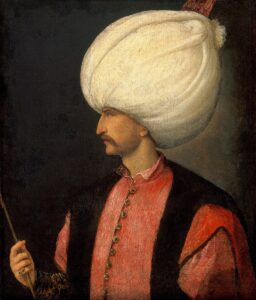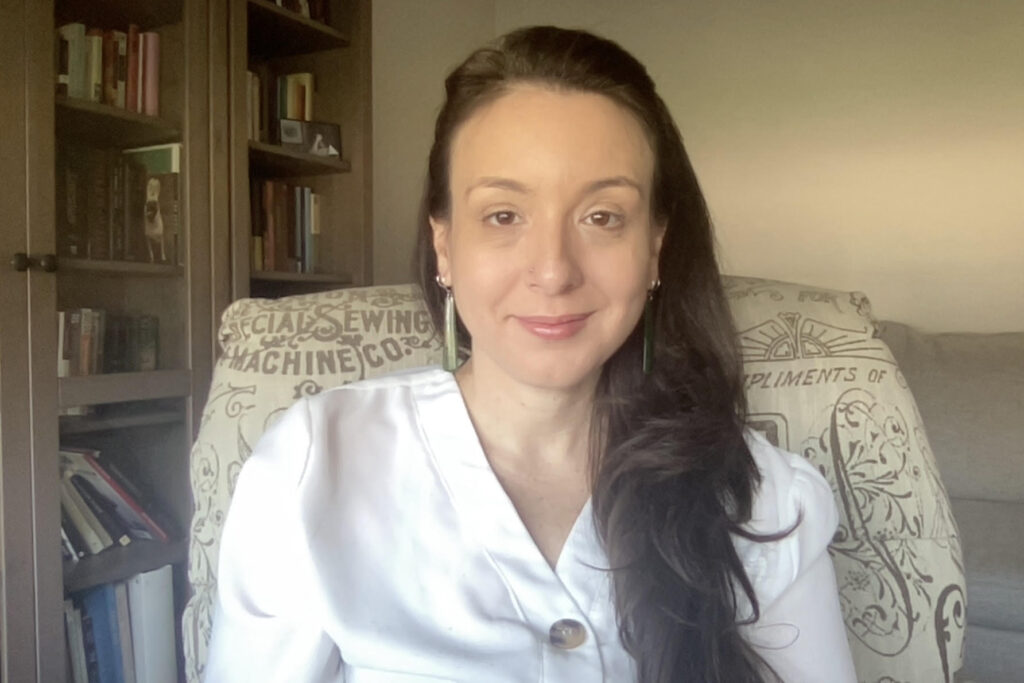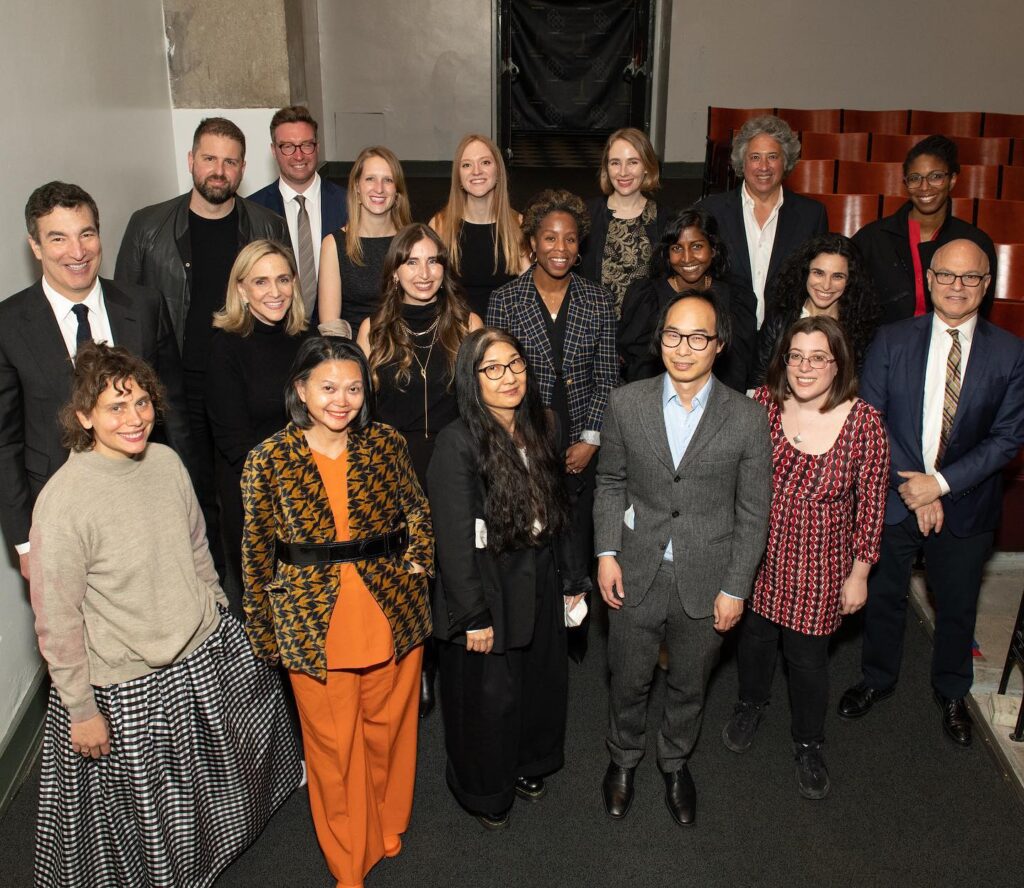Ron Braasch – History department PhD Candidate (Cohort 2017-18) working with Dr. Maryanne Kowaleski and Nicholas L. Paul – is currently competing his dissertation entitled: “Supporting the Fight: Combat Support Personnel in English Expeditionary Armies During the Hundred Years’ War.” In this week’s From the Archives, Ron shares some of his experiences while researching at The National Archives of England, the British Library, and the Duchy of Cornwall Office Headquarters.
Have you ever had a question that bugged you? Some topic of scholarship that made you ask, “why do scholars consider it that way?” If you are reading this, then you no doubt have, and that is precisely what happened to me when I began researching the people who made medieval armies work. You know, the people behind the scenes whose toil and labor continuously fed the engine that was a medieval army. They were not, after all, noncombatants, as described by most scholars, but they also were not combatants in way we might conventionally think (e.g., knights, men-at-arms, or archers). So, armed with the research tools Fordham had given me and a mind full of wonder, I set out on a quest to examine personnel ranging from engineers and chaplains to medical practitioners and wagon drivers.
“Hi,” my name is Ron Braasch, and I am researching Combat Support Personnel in late medieval English armies. This past summer, I was able to travel to English archives to complete my research on these amazing, if not often talked about, medieval people. To do this, I visited three archives in England: The National Archives (TNA), The British Library (BL), and the Duchy of Cornwall Office Headquarters (DCO). In this short post, I wanted to share my journey with students across the university and ensure their success during their own expeditions to the archives.
Applying for Funding: Apply for funding early and consider submitting for multiple grants. I used two funding sources to support my trip: Fordham’s Student Support Grant and a General Omar Bradley Fellowship. This was not enough to cover everything, but it certainly lightened the load.
Travel with a buddy! If you have the opportunity to travel with someone familiar with the area, it can make things go much easier. Ph.D. Candidate Patrick Debrosse was conducting research at the same time near London, so we synchronized our trips. This made it much easier to get around the city and gain access to some very cool primary documents. Having a colleague in the same archives also allows you to compare translations when you think you have found that “eureka” moment.
Apply for a Reader Pass: If this is your initial visit to TNA or the BL, plan for extra time early in the day to get the appropriate ID Card. Some initial paperwork can be completed beforehand, but you will still have to show two forms of identification with your permanent address (a challenge for someone who moves often). Access to the DCO is tightly controlled and must be coordinated through london@duchyofcornwall.org.
Visiting the Archives: TNA was my first stop because it contained the most crucial evidence for my research: The Wardrobe Book of William de Farley, TNA E 101/393/11. This account book recorded the royal military finances of English King Edward III during his final campaign to France before the treaty of Bretigny in 1360. As Pat and I walked through the main doors, we turned left and found ourselves in the cafeteria. On our right was a bookshop. The lockers were further up to the right, where we could leave our bags, food, drink, etc. Next, we made our way to the second floor to sign in and, presenting our identification, received our passes. The second floor had numerous records, books, and other documents, but the score I was after was in the third-floor map room. A sprawling open space greeted us, scattered with large tables to handle oversized documents. We made our way back to the left to submit our request (Tip! You must request your document online ahead of time and ensure you include several items at once, so you have plenty of material for the day). At the counter, I received a dusty box with the appropriate designation. Then, finally sitting at the table with my prize, I removed the cover, and behold, there was Farley’s book, first penned in 1359.
Next, we traveled to the BL. An enormous building greeted us, and once inside, we followed the signs back and right to the waiting area to sign in. We arrived early, quickly received our library cards, and were off to the reading room on the other side of the building. Here I was able to examine two documents critical for my research: The Wardrobe Book of Robert Ferriby, another financial account concerning Edward’s campaigns in Scotland 1334-1338 (BL Manuscript Cotton Nero C VIII), and a collection of medical treatises by the famous fourteenth-century surgeon, John of Arderne (BL Sloane 3548) (Tip! Make sure you save time to visit the treasure room, which holds some of the world’s most impressive historical documents).
Our next excursion took us to the DCO across from Buckingham Palace. This took months of coordination—it is, after all, the London headquarters for the Duke of Cornwall—but the effort was entirely worth it. Upon ringing the bell, we were promptly greeted and led into a lush office on our left. As we entered the room, displayed before us was the object of my interest: the Account Book of John Henxteworth, 1355-1356. It is the only extant document containing detailed military finances from Edward, the Prince of Wales’ 1355 and 1356 military campaigns in France. Pat and I initially marveled at what treasures the document (pictured with the author) might hold, and we worked together to find entries for men such as William Blackwater, the Prince’s Physician. The DCO is worth the effort if you think they have documents to help your research.
One final note is to plan an extra day for research. I first heard this recommendation listening to a plenary lecture with Professor Geoffrey Parker at the Annual Symposium of Medieval and Renaissance Studies at Saint Louis University, and I put that advice to good use here. On the first day, I could not review all the material in Farley’s account, so I returned to TNA and completed my research. I also took photos of several other documents that had escaped my initial investigation. This extra day also allowed us to visit the sites of London (such as the British Museum!) and soak in the culture of such a historic place.
During our trip, we certainly faced challenges, such as a train strike which, at one point, forced us to walk an hour back to our lodgings. Overall, however, visiting the archives in England was a wonderful experience, and I hope these notes will help as you plan your own research journeys.
If this post has sparked your interest further, please check out some of the findings in my forthcoming article “Military Engineers as Combat Support Forces in the Armies of Edward III” Journal of Military History 87:2 (April, 2023) and on Twitter @r_braasch.

From the Archives is a special series for the Fordham History blog which highlights the research experiences of members of the history department in an effort to both showcase their work and provide insight for future researchers preparing for their own archival projects.








